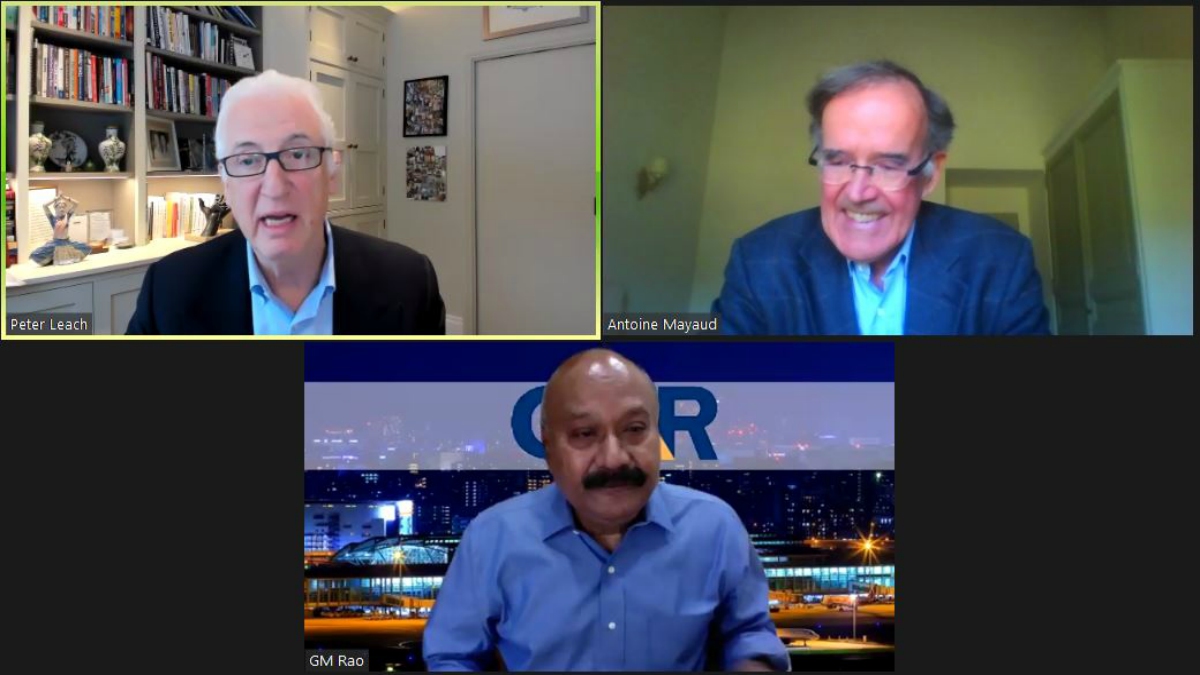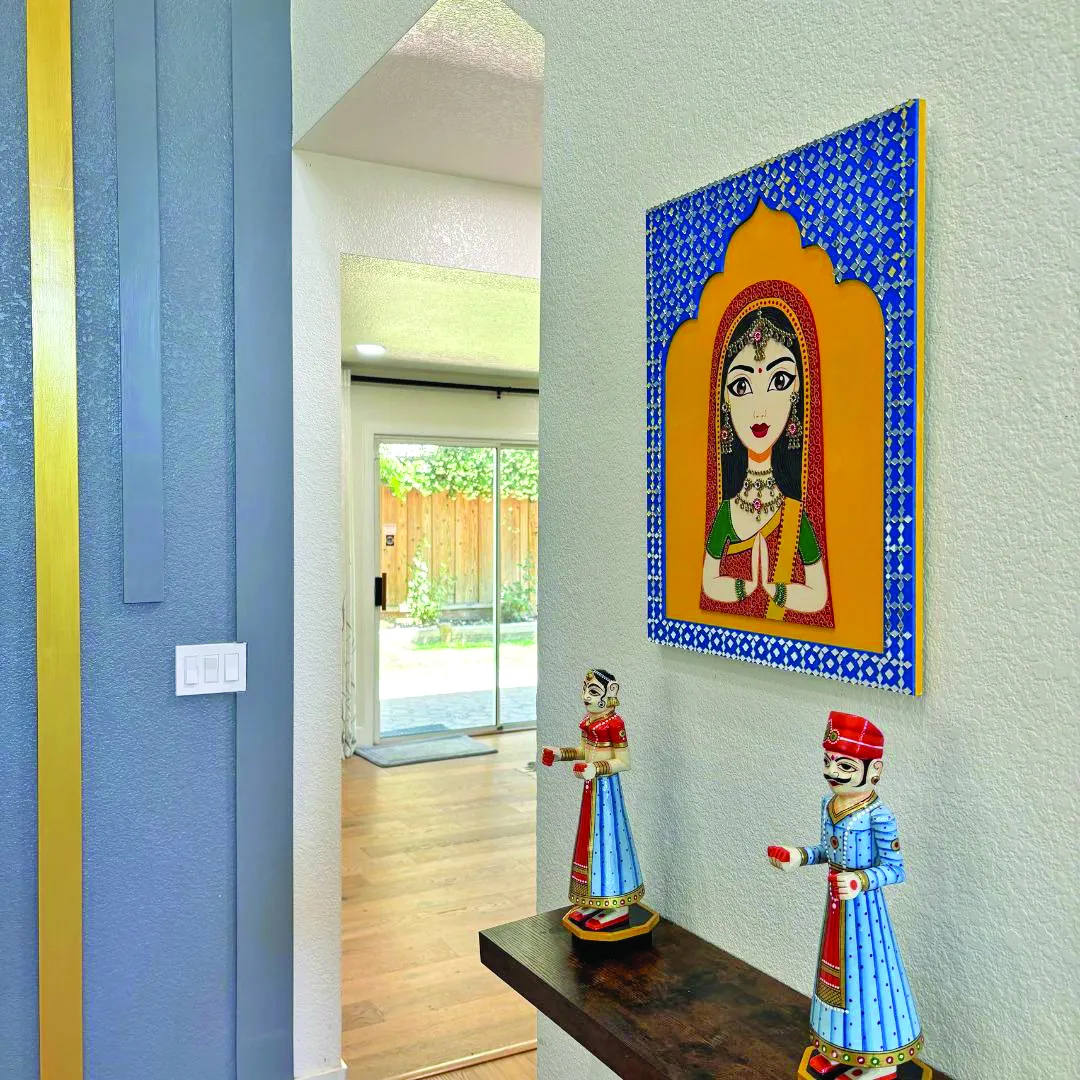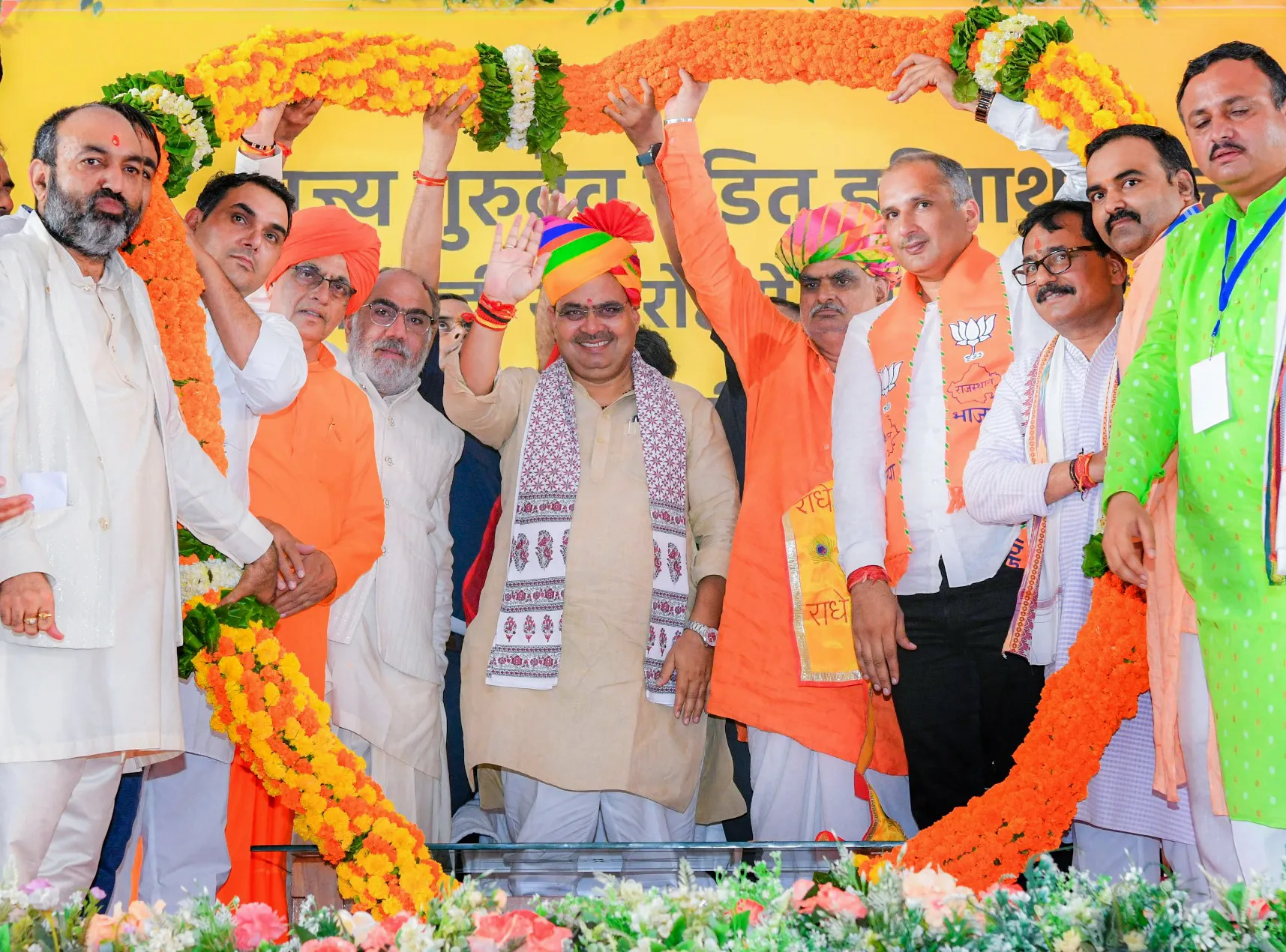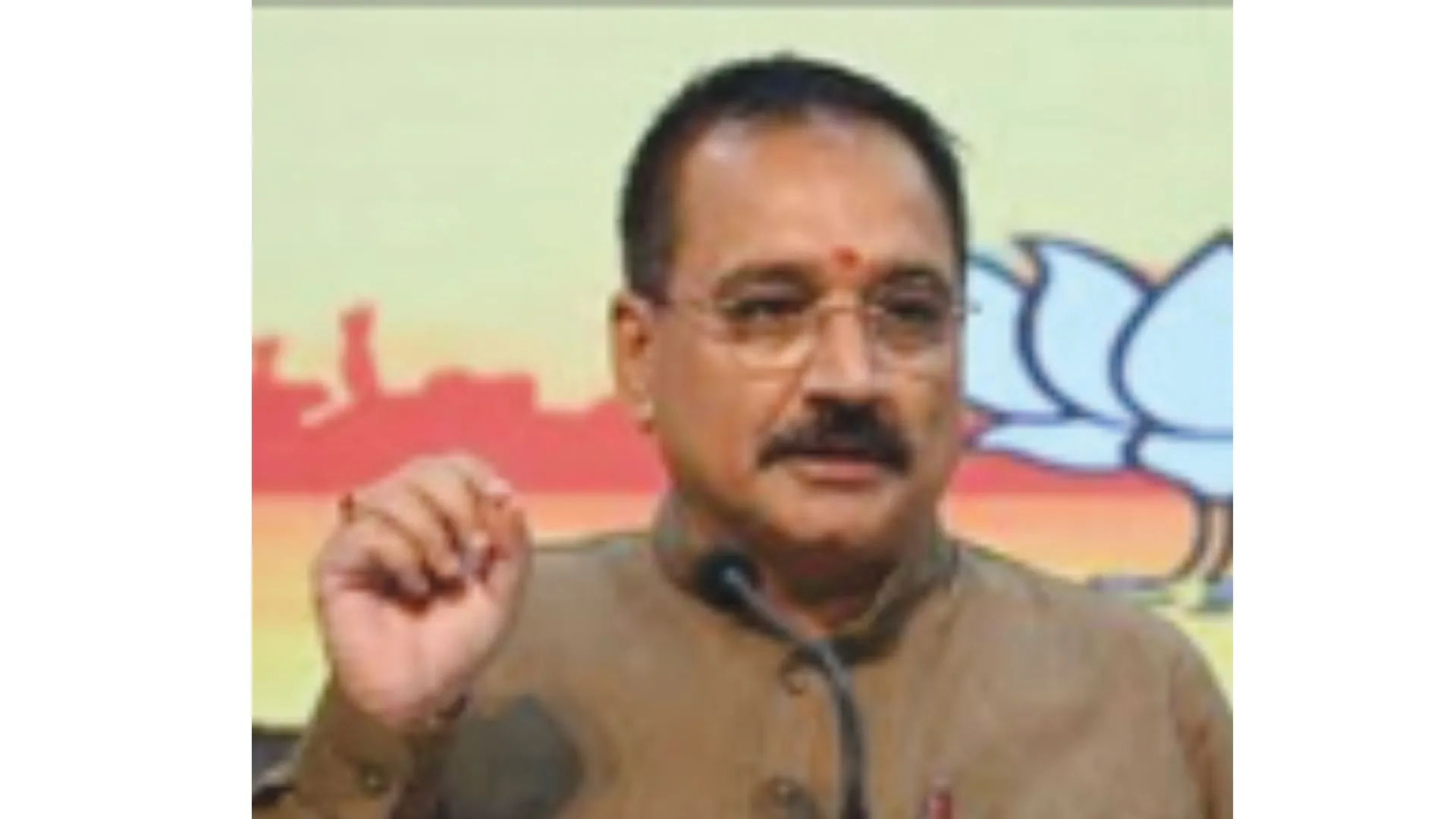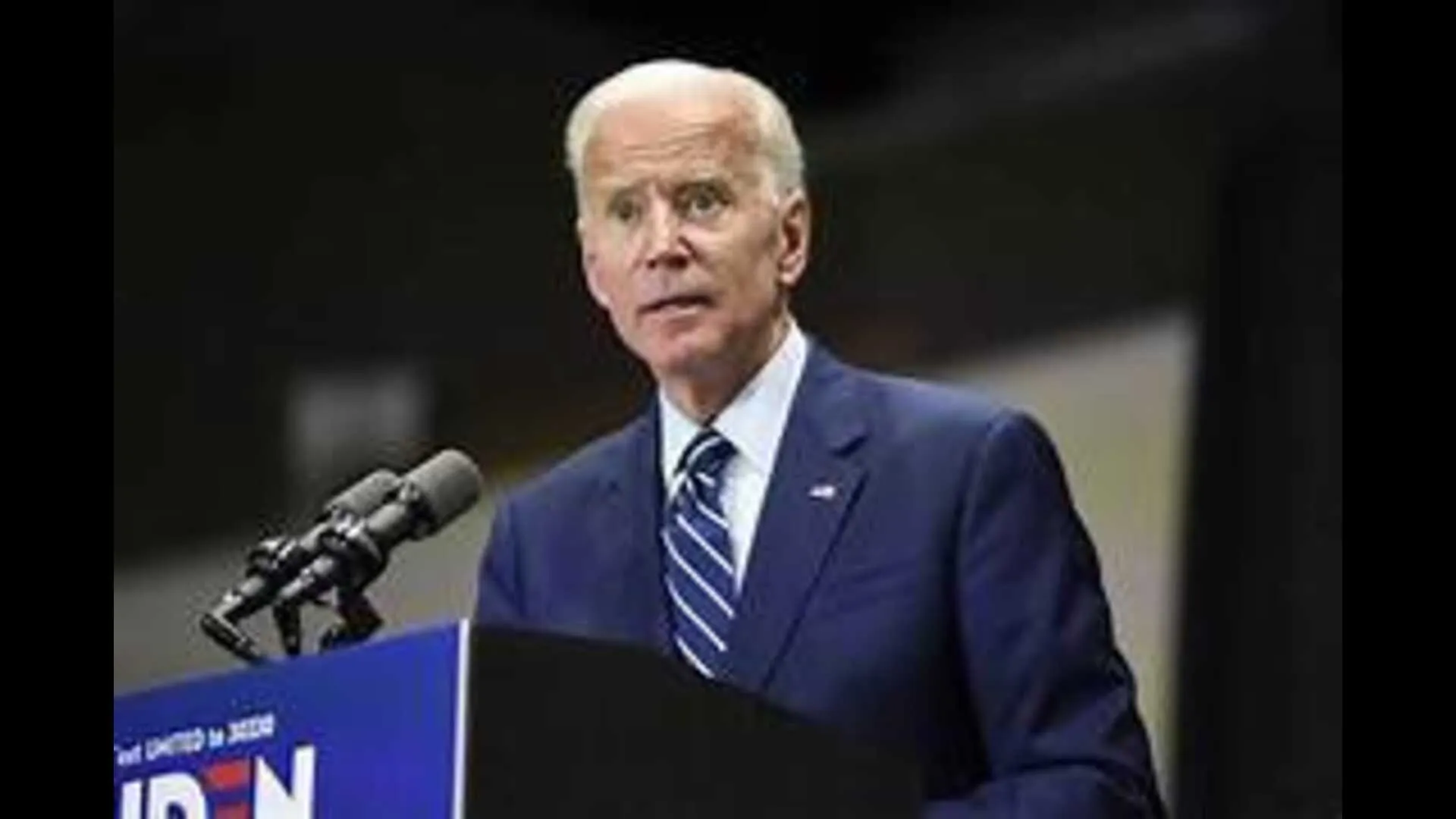Parampara Family Business Institute (PFBI), a non-profit research and educational institute under the charitable arm of GMR, GMR Varalakshmi Foundation (GMRVF), organised fifth session titled ‘Togetherness in large multi-generational family firm: Is it impossible to stay together in the long run?’ in the online symposium, ‘Essential Mantras for Family Business’. The session featured Antoine Mayaud, who is a 3rd generation member of the Mulliez family that owns the successful French retail company-Auchan Hypermarkets.
The session was moderated by Peter Leach, founder and chairman, Peter Leach Associates Ltd. The Mulliez family has successfully managed to keep together over 800 family shareholders from the 3rd to 6th generation. Many members of the family have launched businesses such as Decathlon that have become part of the group contributing to the shareholders.
They are one of the largest business groups in Europe. The session attracted around 400 registrations. The speaker and the moderator discussed various issues related to keeping all family members together in the business. Antonie Mayaud was instrumental in designing the governance and planned for the long-term sustainability in governance of the family as the head of the process for over 25 years.
On why they would spread the capital over many family members rather than concentrating it into a few hands, they believe that the best way for sharing wealth is to share it with their large family instead of concentrating it into few hands. That there is more intelligence in many brains and hearts than in only 5 or 10 is also one of the beliefs.
One of the topics discussed at the session was the difficulty in convincing and keeping the whole family together in business, including the spouses. Mayaud believes that it is very difficult, but in the long run it is beneficial to all concerned. Peter Leach pointed out that culture is a very important component of managing a family business -more so than structure or strategy. The culture of the Mulliez family is to work hard to keep the family together.
They believe that alone, they can go far and together they can go further. During the period of their parents, sometime in the 1960s, they decided to share the company stocks with in-laws instead of giving out cash and this helped to keep the cash in the business and help it to grow. Ensuring that there is ownership with employees as well (in the 70s) has helped since they have one of the lowest labour strike rates in the country.
With over 800+ shareholders, they appoint only 7 members into the family council. The family council is elected every 5 years. Its main mission is to nominate the boards of non-executive directors for each company. This means that decision making, at family level, is concentrated into 7 family members. On developing entrepreneurship in the family, Mayaud informed that they started an investment firm called Creadev in 2002, of which he was the first non-executive chairman. Creadev is an evergreen fund, with a “no selling the companies” perspective. It is now a success with 5 verticals. On why this was important to the family, Mayaud said firstly it keeps Risk taking Spirit alive within the younger generations.
Secondly, instead of having the younger generations diverge from the family business, they are motivated to contribute, because their own businesses are part of the family businesses.
Thirdly, in a natural, and organic way, the family builds a diverse portfolio of investments. Instead of having to hire consultants to tell you what are the good businesses for the future, you only have to invest in your young generation businesses: they know better than anyone else, what are the good businesses for the future.
Fourthly, the younger generations do not have to prove that they are as good as the elder generation nor compete for senior executive roles, because they are growing their own companies.
Fifth, by promoting entrepreneurship inside the family, they promote Confident Active Successors instead of having Fearful Passive Heirs, which is the main threat in all family businesses. Sharing his learning in the past 25 years, Mayaud said it needs constant efforts to regularly conduct individual interviews with all family members, etc. This “family caring” process is based on choices that are supposed to be impossible choices: Do business within a family, include spouses as shareholders, stay in a joint ownership, involve as many family members as possible as employees or board members, promote entrepreneurship inside the family, promote a diversified portfolio and no selling of businesses (but re-invent them).
To these choices, he adds four key behaviours inside a family, which are also common sense but very difficult to follow: Speak openly, be friendly when the business goes through difficult times, plan when things go well, and help senior ones leave early rather than too late. In his closing remarks, Mayaud pointed out, “Plough is straight only if both the horses go at the same speed.” There can be no family cohesion without business performance. There can be no long-term performance without strong family cohesion and involvement.

